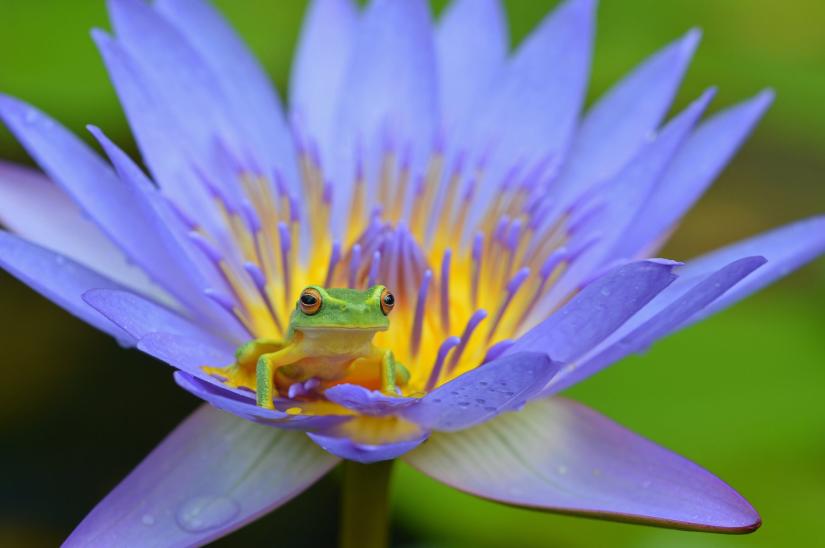The 2023 Transformations Conference comes to Sydney and ISF's Chris Riedy shares his thoughts on what transformation practices can do in the sustainability space.

The Institute for Sustainable Futures at UTS and the UTS TD School are proud to present the fourth international Transformations Conference on 12-14 July 2023.
The conference is an inspiring space for scholars, practitioners and creatives to come together and catalyse change towards regenerative and just futures.
Chris Riedy, Professor of Sustainability Transformations and Director of Graduate Research at ISF, shared his thoughts on the conference and its overarching theme 'Transformative partnerships for a better world'.

How were you introduced to the Transformation Community and their conferences? What has been your experience of being involved?
I went to the very first Transformations conference, which was held in Oslo in 2013. I was frustrated by our slow progress in tackling climate change and other sustainability challenges and was attracted by the idea of a conference that would explore how to facilitate faster, deeper, and broader change.
What I found was a conference unlike any I had been to before. Instead of long presentations, there was lots of time for dialogue and learning new skills. Creative practices and art were woven into the program. We even went on a field trip to bake bread together! I quickly realised I had found a community I wanted to stay a part of – academics and practitioners that were taking action to make positive transformations happen.
What is meant by ‘transformative’ and how – and who – would a ‘transformative’ approach benefit?
A transformative approach recognises that global challenges like climate change, biodiversity loss and structural inequity are features of the way our technologies, economies, institutions, and cultures have evolved. We won’t solve these challenges by tinkering at the edges. We need deep and deliberate transformation of human systems to better fit with ecological systems and deliver social justice. That’s an unprecedented challenge!
A transformative approach can only really work if it ultimately benefits everyone. If the new systems we develop leave people behind, we’ll just swap one injustice for another. That’s why one of the conference themes this year is ‘just transformations’. How can we deliver a sustainable, thriving and regenerative world that works for all? It sounds utopian, but why shouldn’t we aim high?
What can attendees expect from the 2023 conference?
It’s been four years since the last in-person Transformations Conference, so one thing to look forward to if you attend in Sydney is the chance to catch up with like-minded people in 3D. Whether you attend in Sydney or online, there will be plenty of opportunities for dialogue, workshops to challenge your thinking and build new skills, and art and creativity to stimulate the imagination. Given our Australian location, we’re particularly keen for the program to showcase the contributions of Australian Indigenous people to transformations theory and practice.
What characterises a transformative partnership? Examples?
A great example is the Bounce Beyond initiative. This partnership is applying a sophisticated theory of transformational change to support economic transformation. It doesn’t try to direct such a complex transformation, which is probably beyond human capacity. Instead, it connects existing initiatives, helping them to see themselves as part of a transformation system, learn from each other, and have their local work amplified towards global transformative goals.

